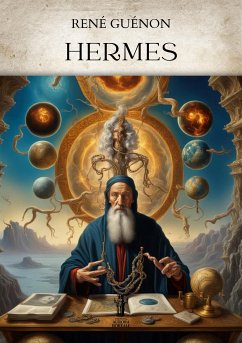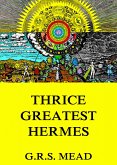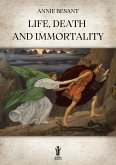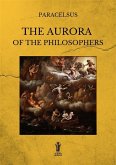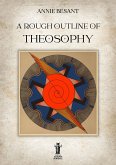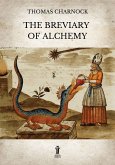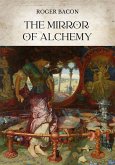René Guénon (1886-1951), martinist, gnostic, esotericist and freemason, was one of the greatest interpreters of Tradition and esoteric and initiatory studies, even if he never claimed, in itself, no other function than that of having tried to expose, within the limits of ordinary language, the ideas conveyed in the symbolism, rituality and operational methodology of the "traditional forms", to be understood as ways of spiritual improvement of the being human. In his writings, he tryed to hand down eastern religious traditions and adapt them to western readers "while keeping strictly faithful to their spirit". Initiated into Islamic esotericism from as early as 1910 when he was 24, taking the name of Shaykh 'Abd al-Wahid Yahya, he mainly wrote and published in French, and his works have been translated into more than twenty languages. The Guenon's study Hermes, which we propose to our readers today, was published in April 1932 on the magazine Le Voile d'Isis. In it Guénon explores and interprets the mythical figure of Hermes Trismegistus and the meaning of the doctrines attributed to him over the centuries.
Dieser Download kann aus rechtlichen Gründen nur mit Rechnungsadresse in A, B, BG, CY, CZ, D, DK, EW, E, FIN, F, GR, HR, H, IRL, I, LT, L, LR, M, NL, PL, P, R, S, SLO, SK ausgeliefert werden.

